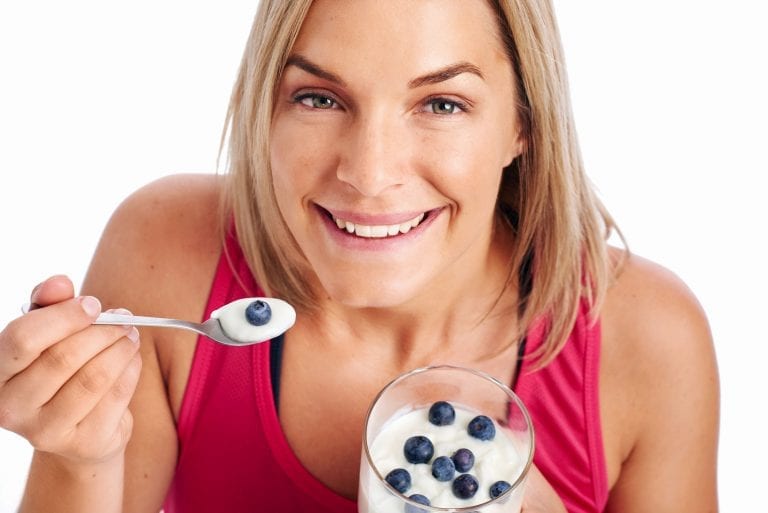Probiotics are the “good” bacteria that live in your intestinal tract and help with digestion, among other basic bodily functions. While probiotics can benefit everyone, they do have specific benefits for women’s health.
Stop Vaginal Infections
Yeast Infections: Vaginal yeast infections are an overgrowth of Candida Albicans in the vagina. Usually, these yeast are kept “in check” by the bacteria Lactobacillus. Recent studies have shown that vaginal yeast infections can be largely prevented by taking a daily probiotic supplement containing Lactobacillus. Still, should the tell-tale itching and burning of a yeast infection emerge, experts recommend seeing your healthcare provider, who can treat your infection with medication.
Bacterial Vaginosis: Like vaginal yeast infections, bacterial vaginosis is bacterial overgrowth. Like with yeast infections, the bacteria Lactobacillus can be useful in both preventing and even treating bacterial vaginosis when used with an antibiotic.
Urinary Tract Infections (UTIs)
Thanks to our anatomy, women are more prone to urinary tract infections (UTIs). UTIs happen when certain bacteria overtake the normal, healthy Lactobacillus bacteria in the urinary tract. Several studies have shown that regularly taking a Lactobacillus probiotic supplement can help reduce UTIs—especially if you have ongoing UTIs; still more research is needed.
Irritable Bowel Syndrome
Like urinary tract infections, women are more prone to certain bowel issues such as irritable bowel syndrome (IBS). Experts don’t know quite understand what causes IBS, some studies have shown that probiotics can help relieve the symptoms of this disorder. There are also some promising findings related to probiotics and help with the symptoms of ulcerative colitis.
Picking Probiotics
Probiotics are in certain foods, particularly yogurt and other fermented yogurt-related products (such as Kefir), sauerkraut, miso and tempeh. These foods are great for a healthy diet, but most experts suggest adding a probiotic supplement to get the full benefit.
Probiotic supplements contain different bacterial strains, and different concentrations of specific bacterium. Talk to your healthcare provider about which bacterial strains and supplements may work best of for your health situation. And remember—there’s likely a period of trial and error needed in finding the supplement that works best for you.
Boost the effectiveness of probiotics by taking them with a prebiotics. These prebiotics “feed” the probiotics, and are found in bananas, honey and whole grains.
SEE ALSO: Use Prebiotics & Probiotics to Promote Your Health






Comments are closed.